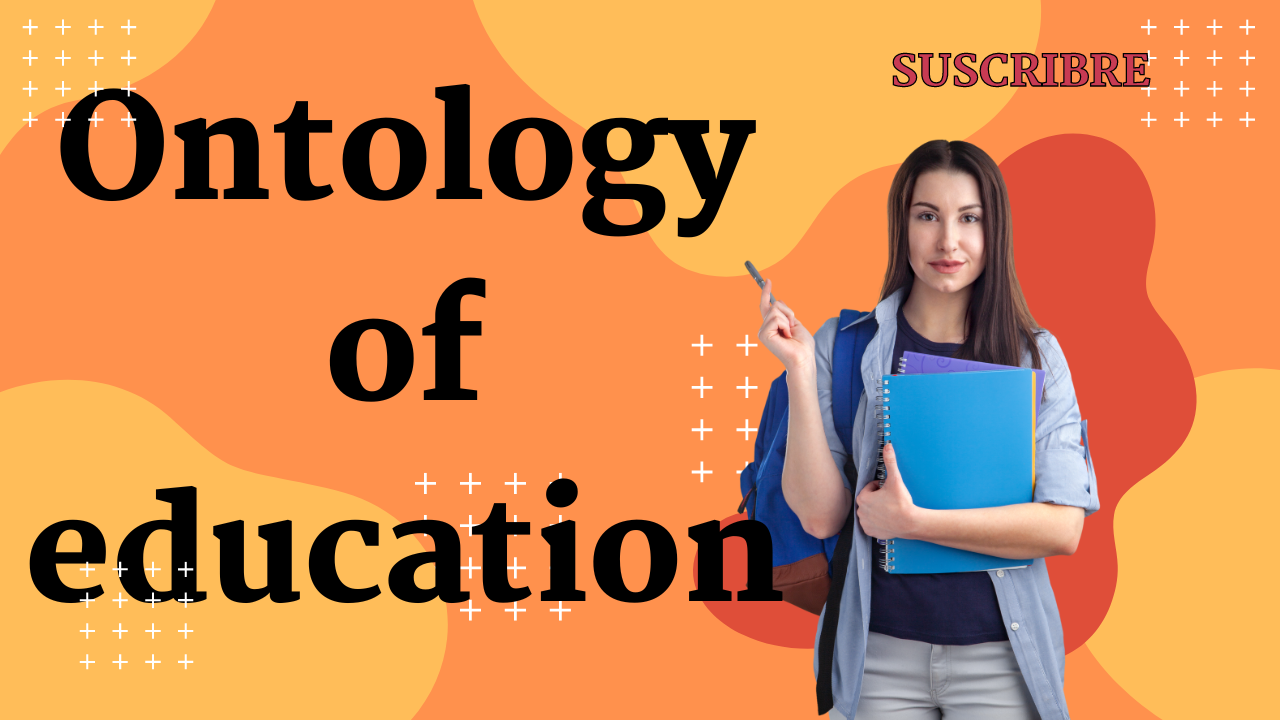
Ontology in Qualitative Research: video blog
572 views · Jan 10, 2024 pcweb.info
Ontology in Qualitative Research: video blog. It is concerned with what kinds of entities exist in the world and how they relate to each other. In qualitative research, ontology is crucial as it shapes the researcher's understanding of the world and influences how they interpret their findings.

Ontology in Data Science: video blog
2K views · Jan 10, 2024 pcweb.info
Ontology in Data Science: video blog. It provides a shared vocabulary, which can be used to model a domain — that is, the type of objects and/or concepts that exist, and their properties and relations.

Ontology in Computer Science: video blog
405 views · Jan 10, 2024 pcweb.info
Ontology in Computer Science: video blog. In computer science, ontology refers to a formal representation of the categories, properties, and relations between the concepts, data, or entities that pertain to one, many, or all domains of discourse.

Ontology in Research
8K views · Sep 29, 2023 pcweb.info
Ontology in Research: Understanding the Nature of Reality in Science Ontology, a branch of philosophy concerned with the nature of being and reality, plays a fundamental role in scientific research. Although often associated with abstract philosophy, ontology also has practical applications in research, where it helps scientists define and understand the nature of the entities and concepts with which they work. In this article, we will explore ontology in research and how it contributes to the formation of a sound conceptual framework for science. Heading 1: Ontology in the Context of Research In the context of research, ontology refers to the construction of a conceptual framework that describes the entities, concepts, and relationships that are relevant to a specific domain of study. This ontological construction seeks to provide a solid basis for the representation and understanding of reality in that domain. In other words, ontology in research is concerned with defining what exists and how things are related in a particular domain. Heading 2: Ontology in Science In science, ontology plays an essential role in conceptualizing the phenomena being studied. Here are some ways ontology is applied in scientific research: Concept Definition: Ontology helps to define and clarify key concepts in a field of study. This is crucial to avoid ambiguities and ensure that researchers have a common understanding of what they are studying. Entity Classification: Ontology is used to classify and organize the entities that exist in a research domain. For example, in biology, an ontology might classify and describe the various species of plants and animals. Relationship Modeling: An ontology allows modeling the relationships between entities and concepts in a domain. This can include cause and effect relationships, hierarchies, interactions, and more. Data Interoperability: In interdisciplinary research, ontology facilitates data interoperability by providing a common framework for representing information in different domains. Heading 3: Ontologies in Data Science Data science is a field that especially benefits from ontology. Ontologies in data science are used to standardize the representation of data and facilitate its integration and analysis. Here are some examples of how ontologies are applied in data science: Domain Ontologies: these ontologies describe the concepts and relationships in a specific field of study. For example, a medical ontology might define concepts related to diseases, treatments, and symptoms. Data Ontologies: Data ontologies are used to describe how data is structured and related in a dataset. This facilitates searching and accessing information more effectively. Interconnection Ontologies: Interconnection ontologies are used to integrate data from multiple sources. They establish a common basis for data from different disciplines to be related and analyzed together. Controlled Term Ontologies: These ontologies standardize the terminology used in a specific domain. This is crucial to ensure that data is interpretable and comparable in different contexts. Heading 4: Benefits and Challenges of Ontology in Research Ontology in research offers several benefits, such as clarifying concepts, standardizing data representation, and facilitating interdisciplinary collaboration. However, it also presents challenges, such as the difficulty of creating accurate ontologies and the need to keep them updated as scientific knowledge evolves. In conclusion, ontology plays an essential role in scientific research by providing a solid basis for understanding and representing reality in a particular field. Its application in science and data science contributes to the accuracy, interoperability and efficiency of scientific research, which in turn drives the advancement of knowledge in various disciplines.

Ontology in artificial intelligence: video blog
7K views · Sep 11, 2023 pcweb.info
Ontology in artificial intelligence: video blog An ontology, in the context of AI, is a formal representation of knowledge that defines concepts, their attributes, and the relationships between them. By incorporating ontological principles into AI systems, researchers and developers aim to enhance the accuracy, efficiency, and semantic reasoning capabilities of AI applications.

What is ontology? Meaning
18K views · Sep 11, 2023 pcweb.info
What is ontology? Meaning Ontology serves as the theoretical foundation for various fields, including metaphysics, philosophy of science, and information science, shaping our understanding of the world and the structures that compose it.

Ontology of education
3K views · Jan 20, 2023 pcweb.info
education ontology As a definition, ontology is a branch of philosophy that studies what is, such as the nature of being, existence, and also reality. The philosophers of Ancient Greece, such as Plato and Aristotle, studied this concept that is often confused with metaphysics, what is more, ontology is a real aspect of metaphysics, this aspect seeks to categorize what is essential and what is fundamental in a certain entity. The ontology of education, this is a sub-area of ontology, which is responsible for the philosophical analysis of Being in terms of education, with the sole purpose of understanding education from a strictly human and universal process, the objective The final goal is to determine the agents that make up education as such, finding those aspects that unify education as a human practice. The ontology of education plays an extremely important role today, since it is an approach that promotes a constant evolution of the categories that explain the educational system as such and with this, it is intended to reformulate and constantly reinforce education, thus promoting its strengths and increasing its reach on society in general, thanks to this approach, it is possible to find constant transformations in the education system, thus optimizing all the agents really responsible for the educational process in a society. As a conclusion about this topic, it could be said that the ontology of education is a mechanism that allows education to adapt to the needs of human beings as such, appropriating the necessary elements to achieve it. And remember that if you want to know more, visit our blog and share this information with your friends, see you on the web.

Ontology in medicine and nursing
1K views · Jan 10, 2023 pcweb.info
Ontology in medicine and nursing Ontology means "the study of being", this is a branch of philosophy that is characterized by studying the nature of being, existence and reality, in the area of medicine and nursing, ontology deals with understanding the way in which the categories give a structure to this applied science. Thanks to applied ontology in the field of medicine, it has been possible to evolve as far as its knowledge is concerned, maintaining a constant evolution of its body of data, since ontology in medicine pursues the consolidation of knowledge as an accessible entity, which allows to standardize the information, as a consequence, increasingly efficient mechanisms are obtained, this significantly improving the scope of the work. In the area of nursing, we find the so-called "ontology of care", referring to all those constructs that are part of the area and that constitute, today, all the concepts that define nursing. The purpose of ontology in nursing as such is adequate in order to guarantee the well-being of the patient to the greatest extent possible. To achieve this, the investigations must be in charge of the collection of useful information, generating contributions that determine a greater technological, professional and investigative development in the area. As we have previously observed, in both cases an approach is cited that is aimed at generating knowledge that provides useful value to the application of methods, the analysis of information and the teaching of all knowledge models. All this from the creation and schematization of categories. And remember that if you want to know more, visit our original post on our blog, share this information with your friends, see you on the web. https://pcweb.info/ontology-in-medicine-and-nursing/?lang=en